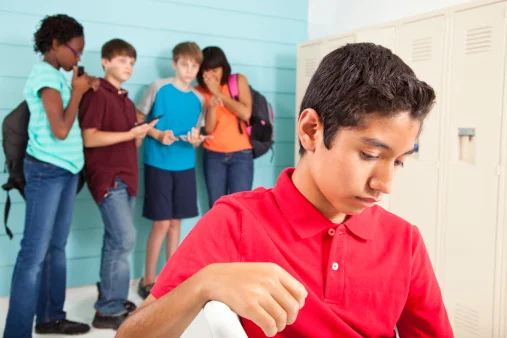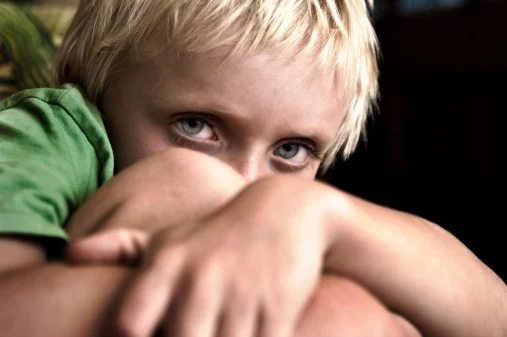+1 845 259 2974 (11 a.m to 7 p.m CST)
Immigrants' kids bullied in US: No more the Land of immigrants?

Immigrants and their families bring a distinct flavor to the environment where they decide to settle down. The US has been especially lucky in attracting a large number of immigrants from the different corners of the world. We can also not forget the contributions made by immigrants/minorities in the progress of America. These families bring to the table a strong work ethic, well-knit and supporting communities, and also contribute to a thriving economy. Unfortunately, these people are also targeted by bullies on the basis of race, ethnicity, and color. Kids belonging to immigrant communities are seen as soft targets by bullies. Therefore, it is necessary that immigrants/minorities should know how to deal with bullies effectively.
Influx of immigrants
- Youth Intervention, Prevention, and Education Programs Northern Virginia Family Service mentioned in a 2011 report that 43% of children residing in North Virginia in families which immigrated to the region.
- 48% of residents who moved to Fairfax County in 2010 were racial and ethnic minorities; and 33% of residents were immigrants.
- 44% of all elementary school students in FCPS did not speak English in their homes.
According to another research published online on March1, 2012 in the Journal of Adolescent Health:
- Children born outside America, or born into immigrant families, are more likely to become victims of bullying as compared with kids born in the US.
- Kids born outside the US were more likely to be the victims of bullying rather than being the perpetrators.
In addition, Fairfax County Youth Survey School Year 2010-11 data showed that:
- 49% of teens reported that they were called bad names on the basis of their race and culture.
- Meanwhile, 43% reported that at some point they had targeted a peer on the basis of race and ethnicity.
Who is bullying whom?
Immigrant youth are usually bullied by non-minority youth. This is not to say that other minority children keep their hands clean, because they don’t. Bullying has also been witnessed among minority groups and even the same ethnicity youth, depending on who arrived in the States before the rest. Immigrant kids are mostly targeted for their clothing sense, speech patterns, and customs.
The root of all problems
The foremost problem associated with bullying is that teachers usually fail to recognize an incident of bullying because the show is being carried out in a language other than English.
To add to this, these immigrant families find it difficult to seek help due to communication restraints. Further, immigrants and their families do not understand the systems established for public welfare. In some cases these families are not even aware that different options for help actually exist and can be easily accessed.
Lending a helping hand
It is important for those people who have to deal with immigrants/minorities on a daily basis to be proactive in their dealings with them. They should educate these people as how to prevent bullying in their communities. These people should frequently ask relevant questions from immigrants to better understand their ordeal.
Educating immigrant youth about their rights is another step in the right direction. Children should be well-versed in the art of seeking assistance in crisis situations from a trusted adult.
Moreover, immigrant families should also be made aware about their rights and how to safeguard them. Parents from the minority community should also act as staunch advocates for their children and be persistent in their struggle.





















